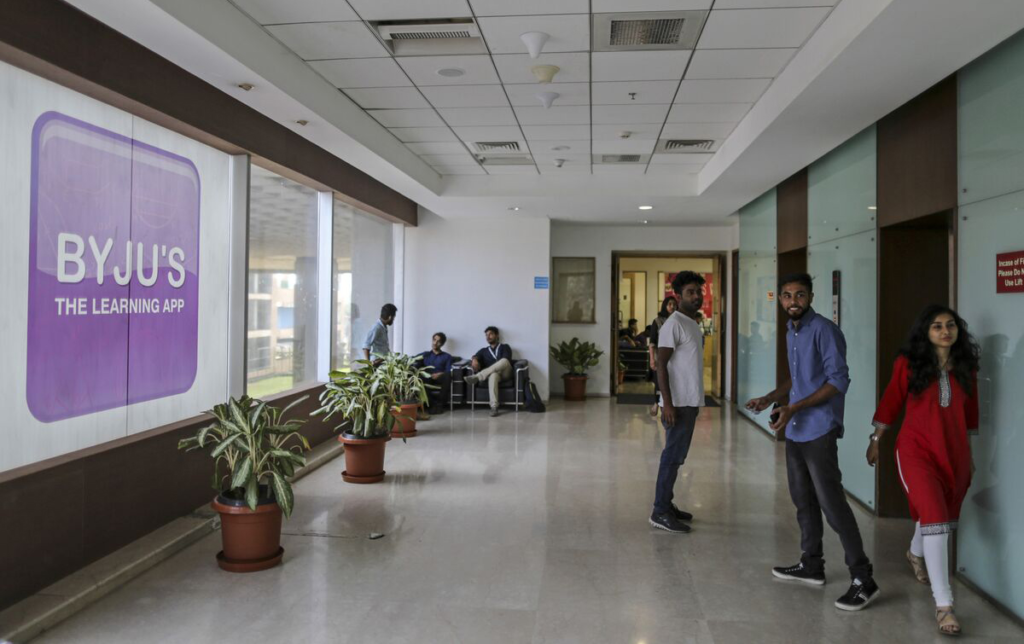More than 500 East African agribusinesses now have access to the €4300 billion European Union (EU) market.
Kenya, Rwanda, Uganda, Tanzania, Burundi, and those countries are the recipients of this new direction. These nations would be permitted to sell their agricultural goods with the EU under the EU-EAC Market Access Upgrade Programme (MARKUP), which was launched five years ago in 2018.
At the virtual launch of MARKUP, Jose-Luiz Gonzalez, the programme officer of the EU delegation in Tanzania and the EAC, stated that the EU is eager to strengthen its commercial ties with these East African nations through this initiative.
He stated that the long-standing partnership between the EU and EAC has been very eventful, advantageous to both parties, and full of lessons learned and achievements. He said the partnership is constantly changing as they take into account what works and what doesn’t, what needs to be adjusted, and what needs to stay the same to satisfy the needs of the current trading ecosystem.
Years of trade and development cooperation have shown us that there is no direct correlation between rising exports and development, according to Jose-Luiz. We encouraged the creation and application of trade information portals as a tool for streamlining export processes and lowering associated expenses.
Associations from the coffee and horticulture industries received training on how to use the trade site to evaluate the worth of each stage involved in exporting their products, he continued.
According to the delegation officer, the EU market is ripe for EAC’s business because to the rising demand for their products, which include tea, coffee, spices, and avocado.
The possibility for the Africa Continental Free Trade to increase EAC exports is one such significant development that must be taken into consideration. Growing agri-exports depends on environmental sustainability, climate-smart agriculture, value addition, and easier access to the right technologies, Jose-Luiz explained.









